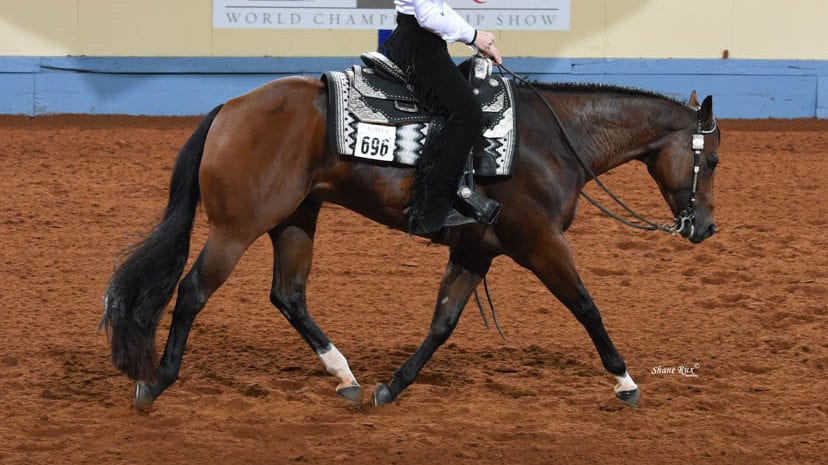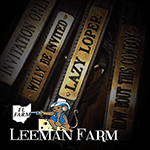A new show year is upon us and now is the time to start the year as strong as possible. Leg strength is crucial to the rider but we often automatically think of the drills we can do while horseback, such as riding without stirrups, two-point, and lunge line lessons. However, what can we do to help strengthen our legs if we can’t make it out to the barn? Or even if we can make it to the barn, is there something else we can do to improve our riding?
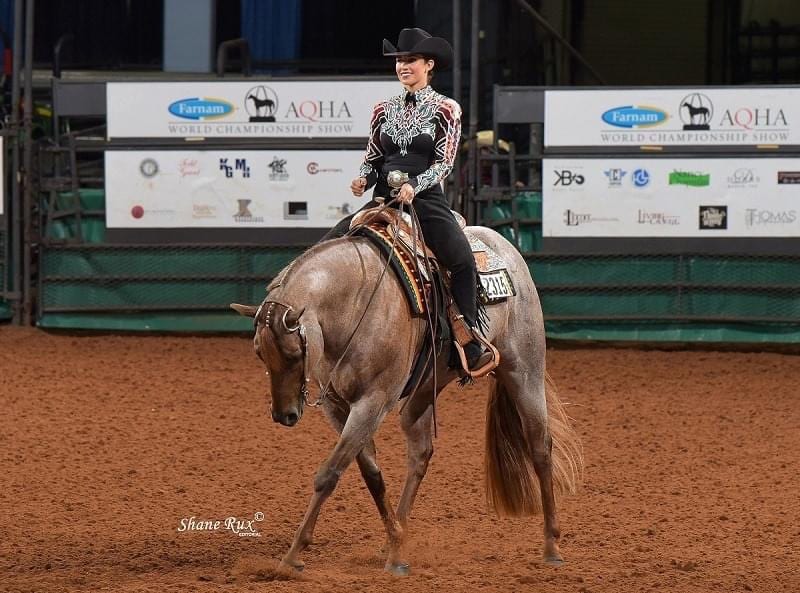 2020 AQHA Amateur Horsemanship World Champion Lauren Stanley sat down with Ariel Gaspar of Gaspartan Training, a certified personal trainer that she has worked with over the years. What sets Ariel apart is his desire to understand the sport that his clients are training for. He has really honed what they can do in the gym to elevate their riding in the arena to a higher level. The things he suggests here are what Lauren has implemented in her weekly training routine. If you are new to physical training, ask a local fitness trainer for help with these exercises to make sure you are performing them correctly.
2020 AQHA Amateur Horsemanship World Champion Lauren Stanley sat down with Ariel Gaspar of Gaspartan Training, a certified personal trainer that she has worked with over the years. What sets Ariel apart is his desire to understand the sport that his clients are training for. He has really honed what they can do in the gym to elevate their riding in the arena to a higher level. The things he suggests here are what Lauren has implemented in her weekly training routine. If you are new to physical training, ask a local fitness trainer for help with these exercises to make sure you are performing them correctly.
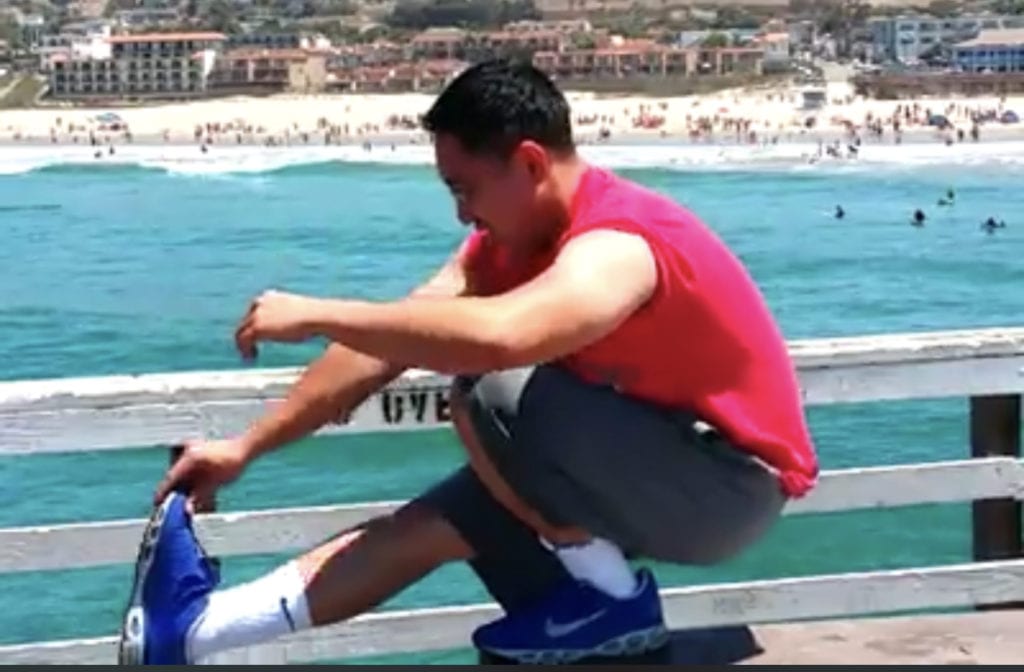 “Riding a horse, in my opinion, is a total body exercise,” Ariel, pictured left, explains. “However, if we’re going to be talking about the lower body, riding puts a huge demand on your quads, abductors (when you squeeze the horse with your knees), hamstrings, glutes, and calves.”
“Riding a horse, in my opinion, is a total body exercise,” Ariel, pictured left, explains. “However, if we’re going to be talking about the lower body, riding puts a huge demand on your quads, abductors (when you squeeze the horse with your knees), hamstrings, glutes, and calves.”
These muscles work together to give us a solid hold on our horse. They help to stabilize our bodies through each maneuver. “I will always include the back squat, a compound lift, which is the king of all lower body exercises, the back squat. No other exercise recruits every muscle in the lower body the way that this does.”
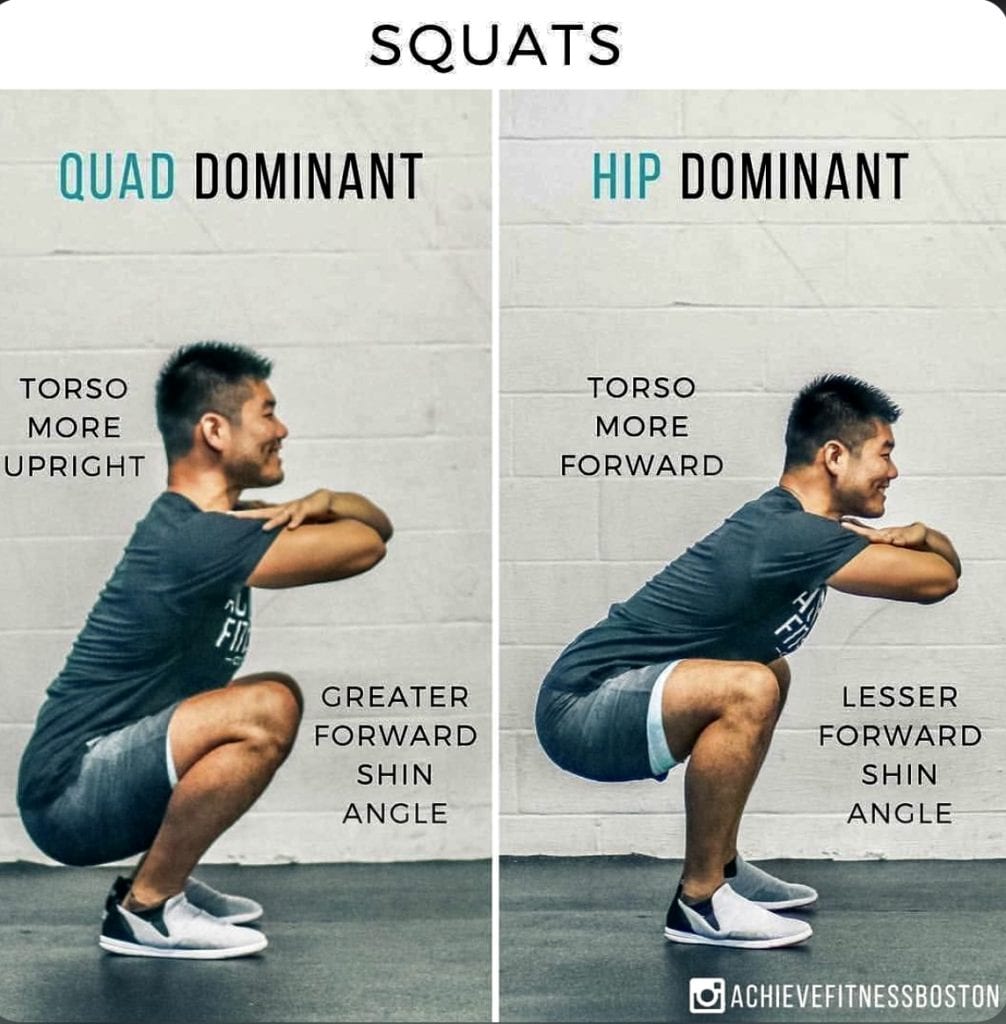 Ariel suggests two squat days per week while training. He is particular about how he likes his clients to do a squat, explaining, “For squats, I prefer full range where your thighs go below parallel. When you ride a horse, your hips never fall below parallel, and because of that, you lose flexibility in your muscles and mobility in your joints, specifically your ankles, hips, and knees. The full depth squat will help you regain all of that.”
Ariel suggests two squat days per week while training. He is particular about how he likes his clients to do a squat, explaining, “For squats, I prefer full range where your thighs go below parallel. When you ride a horse, your hips never fall below parallel, and because of that, you lose flexibility in your muscles and mobility in your joints, specifically your ankles, hips, and knees. The full depth squat will help you regain all of that.”
Aside from a squat, Ariel suggests including exercises that will target your hamstrings, such as the Hamstring Curl, Romanian Deadlift, and Nordic Hamstring Curl. Riding is a quad-dominant exercise, therefore, we need to train our hamstrings to become just as strong for our leg’s overall balance.
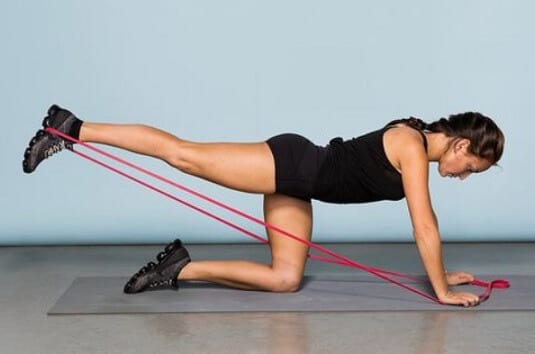 Ariel emphasizes, “It’s critical to train your hamstrings to be as strong as your quads to prevent potential knee pain or muscular imbalances.” In keeping with improving our legs’ overall health, Ariel suggested incorporating unilateral movements into our training. “Training one side at a time prevents one leg from becoming stronger than the other. This might not sound like a big deal, but applying more pressure on one leg will unevenly distribute the load to your hips and eventually lower back.”
Ariel emphasizes, “It’s critical to train your hamstrings to be as strong as your quads to prevent potential knee pain or muscular imbalances.” In keeping with improving our legs’ overall health, Ariel suggested incorporating unilateral movements into our training. “Training one side at a time prevents one leg from becoming stronger than the other. This might not sound like a big deal, but applying more pressure on one leg will unevenly distribute the load to your hips and eventually lower back.”
Imagine how this will feel to your horse if one leg is applying more pressure than the other. “My all-time favorite exercise l love including is a split squat. The split squat will challenge your Vastus Medialis Oblique (VMO), a small muscle near your knee that stabilizes your knee cap,” says Ariel.
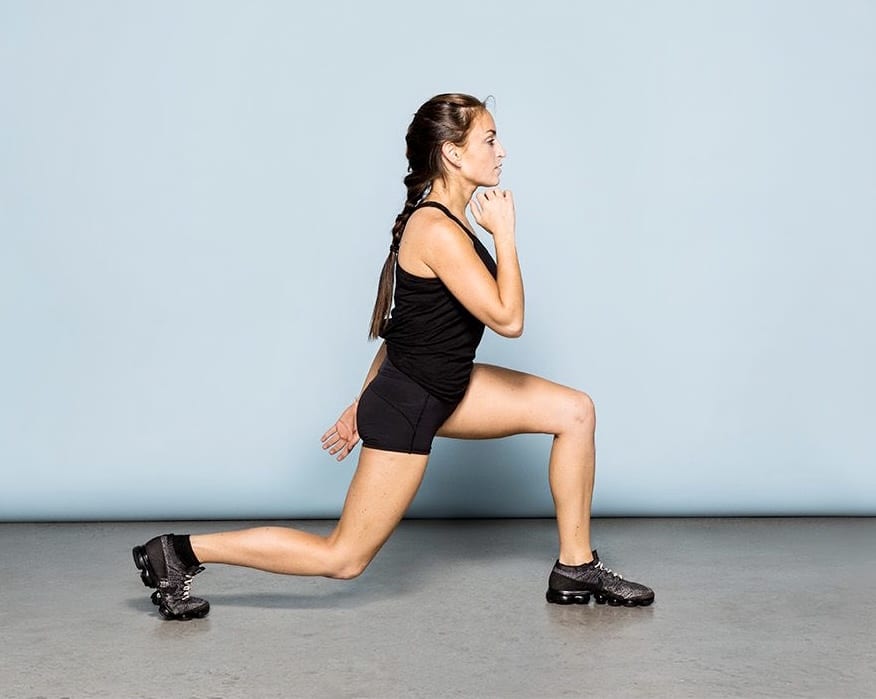 Think of it as shock absorbers for your knees, especially with all the bouncing on the horse. Be sure to keep an upright posture during this move.”
Think of it as shock absorbers for your knees, especially with all the bouncing on the horse. Be sure to keep an upright posture during this move.”
How we train is just as important as what we train. “It’s essential that you train your leg muscles for strength and muscular endurance, as the nature of the sport requires both. With that said, a properly designed workout program will involve reps between 4-8 (strength) and 9-15 (strength endurance).”
This is huge; as riders, we not only have to be strong, but we must be able to hold our strength and positions for long periods of time. Between practice, performing the show pattern, and rail work, we can have over an hour of work that needs to be at top performance.
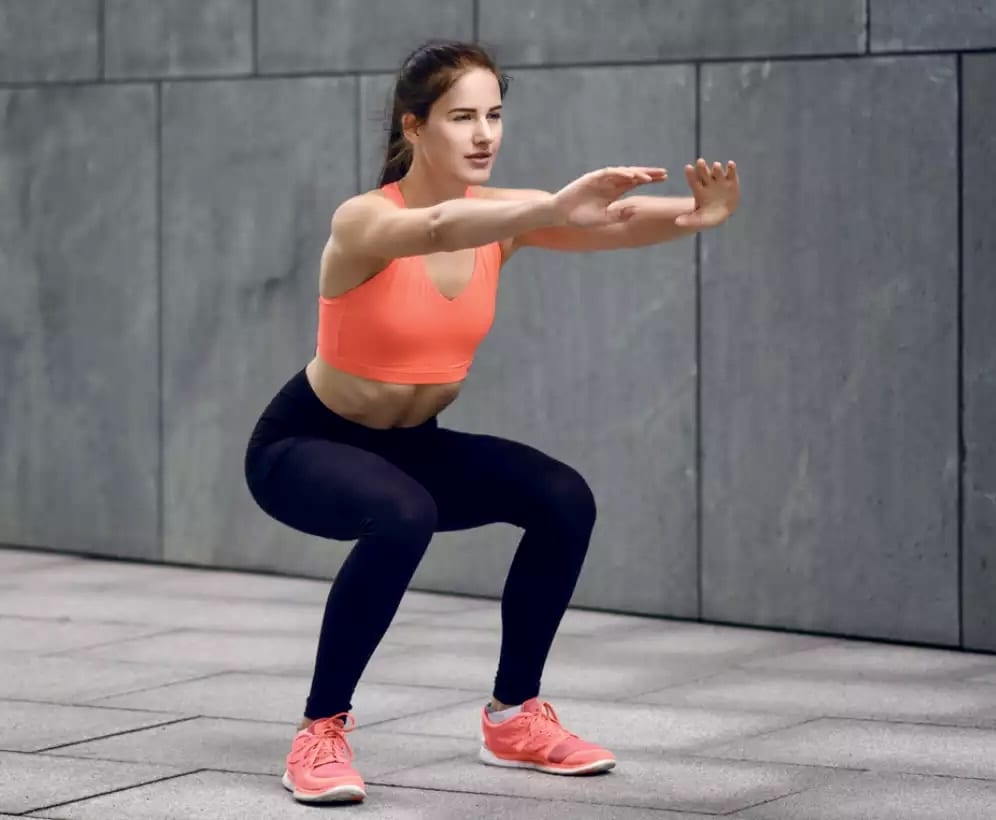 One of the most important things to think about when training is that every exercise needs to be controlled. It isn’t a race. It is a thoughtful process aimed at perfecting form and performance.
One of the most important things to think about when training is that every exercise needs to be controlled. It isn’t a race. It is a thoughtful process aimed at perfecting form and performance.
Fun fact: beginners only use 7-12% of their motor units (muscle fibers) when beginning a training plan. For this reason, you must stay consistent, so you can get better at using your muscles. The ability to recruit more muscle will not only make you stronger, but will improve performance and longevity in the sport,” Ariel explained.
Now that we understand how our muscles work and why we need to focus on strength, here is a sample leg workout, which is sure to improve your lower leg strength and help get you to the next level.
Sample workout:
- Barbell Back Squat 5×6. 5 second descend. 3 minute rest.
- Nordic 4×8. 8 second descend. 2 minute rest
- Split squat 3×12. 4 second descend. 60 second rest.
So, grab your sneakers and get to squatting…and here’s to seeing the results in the arena!


